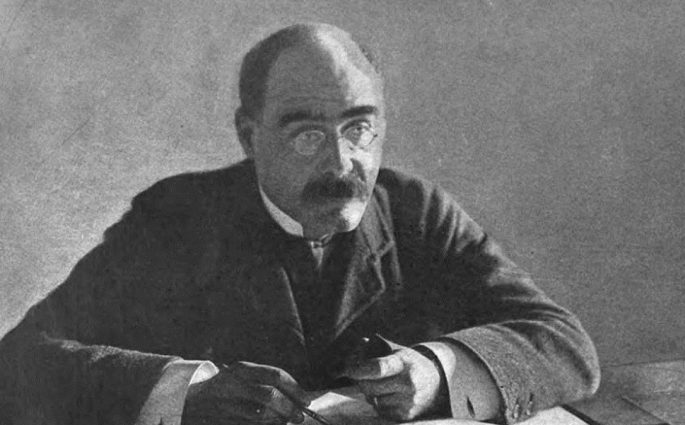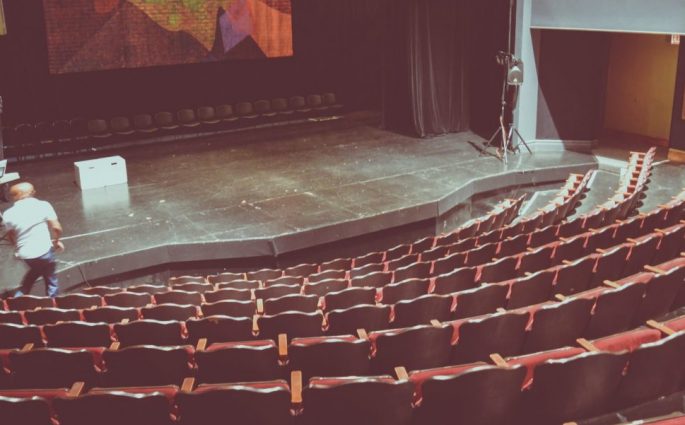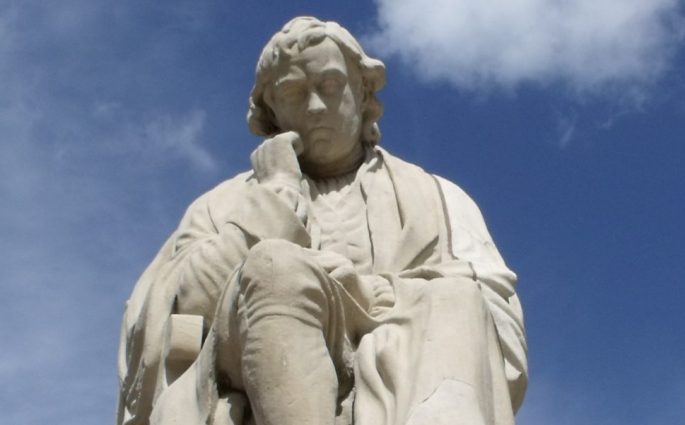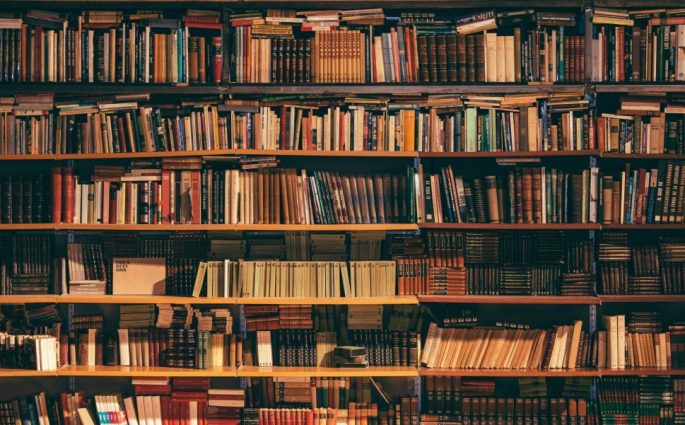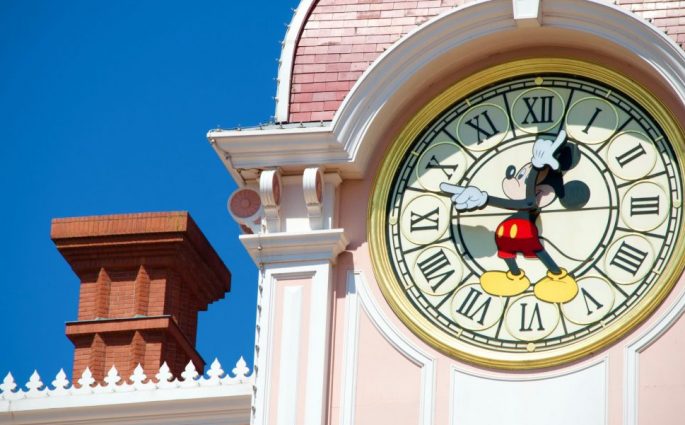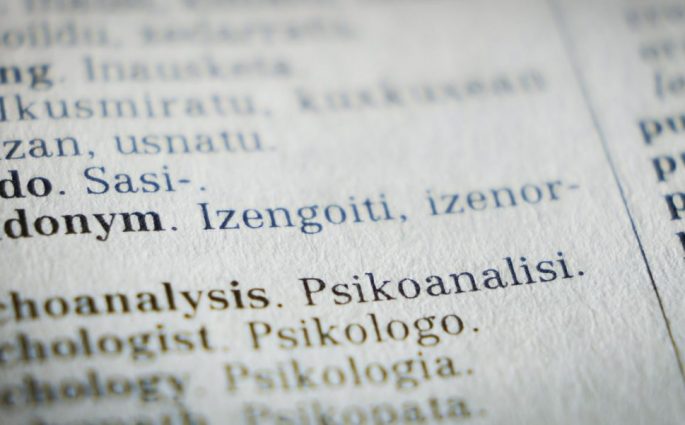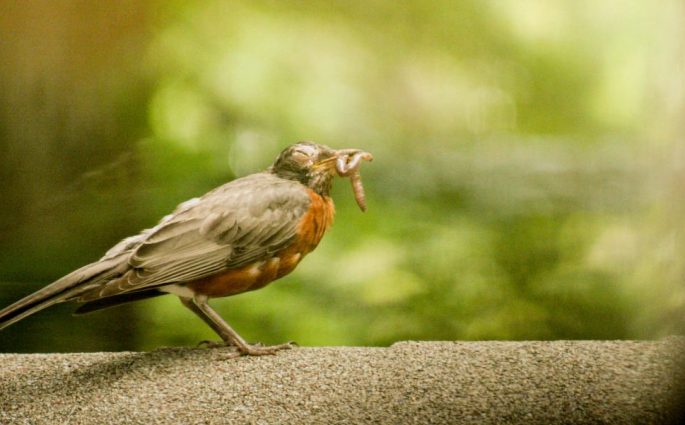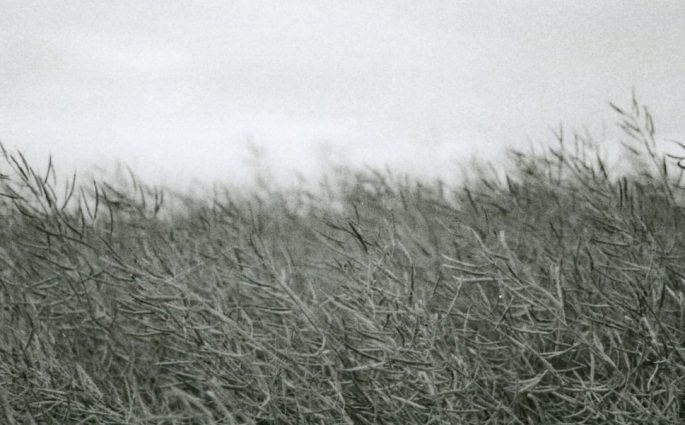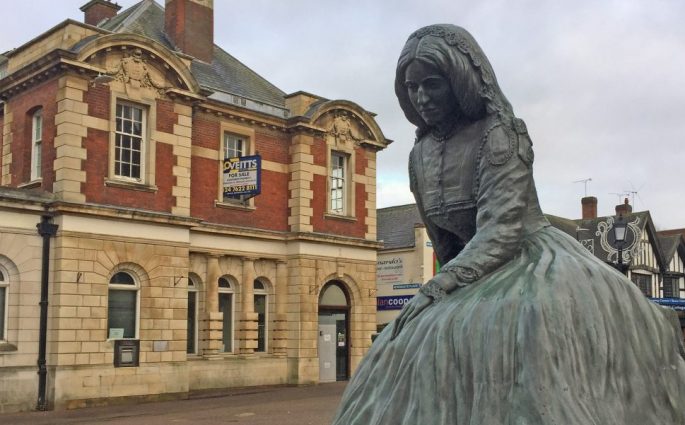The Making of a Children’s Writer
John Batchelor— Rudyard Kipling was born in Bombay in 1865, the son of a highly skilled artist and sculptor, John Lockwood Kipling, and his wife Alice (nee Macdonald), who was the daughter of a celebrated Methodist. The Methodist background does not play a large part in Kipling’s life, but his

